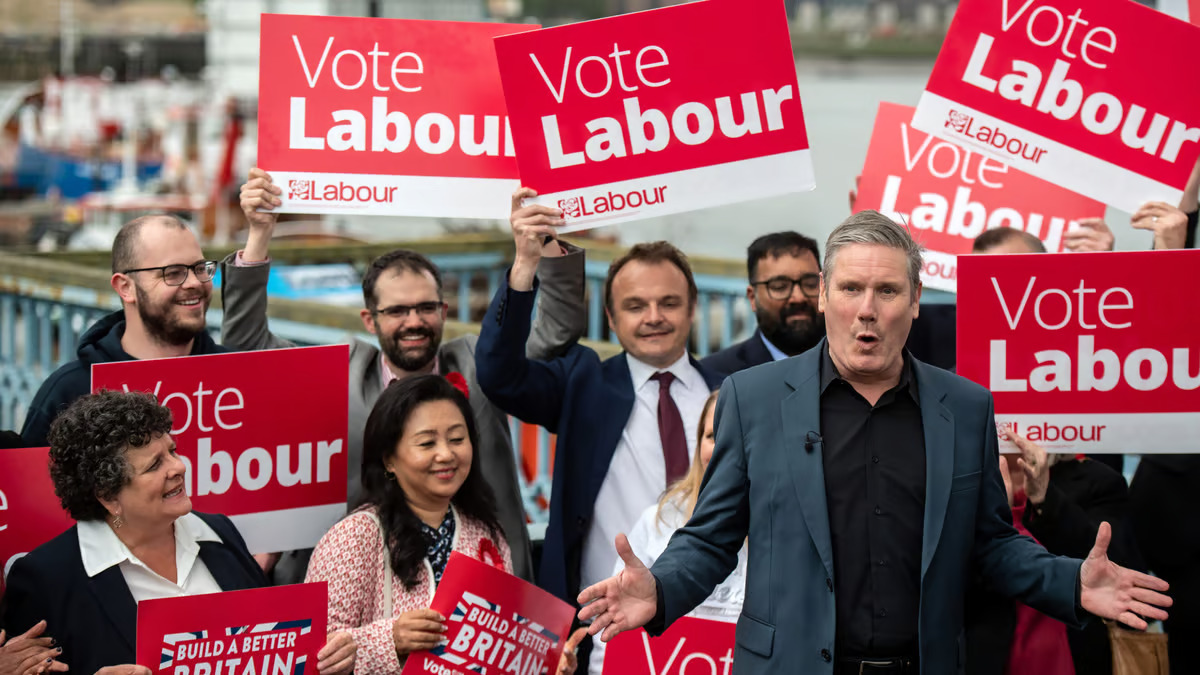Britain’s Labour Party secured victories in two parliamentary by-elections, dealing a severe blow to Prime Minister Rishi Sunak’s Conservatives. These outcomes reflect a decline in the governing party’s popularity and amplify concerns about Sunak’s leadership.
Despite Sunak’s efforts to rebrand himself and his policies, including positioning himself as a reformer and a stable technocrat, Labour’s momentum in the polls suggests a need for a shift in strategy.
Labor leader Keir Starmer hailed the wins as evidence of the party’s commitment to serving working people. The victories in Wellingborough and Kingswood, traditionally Conservative strongholds, highlight a significant reversal for the governing party.
Polling expert John Curtice described the results as the Conservatives’ “worst ever by-election reverse.”
The rise of the right-wing Reform Party, which garnered notable support in Kingswood, further complicates the Conservative Party’s electoral landscape. Senior Conservative lawmaker Jacob Rees-Mogg noted that Reform Party votes may have contributed to the Conservative loss in Kingswood.
These defeats intensified pressure on Sunak, who assumed office just over a year ago. The Conservative Party’s subdued presence during the by-election campaigns and low voter turnout underscored the challenges facing Sunak’s leadership.

Economic data revealing a recession further exacerbates concerns about his ability to fulfill campaign promises and address pressing issues like the cost of living and healthcare.
As the gap between Labour and the Conservatives narrows, Sunak faces the daunting task of revitalizing his party’s platform and energizing traditional Conservative supporters. With the prospect of a national election looming, the outcome of these by-elections underscores the urgency for Sunak to recalibrate his strategy and regain voter confidence.





